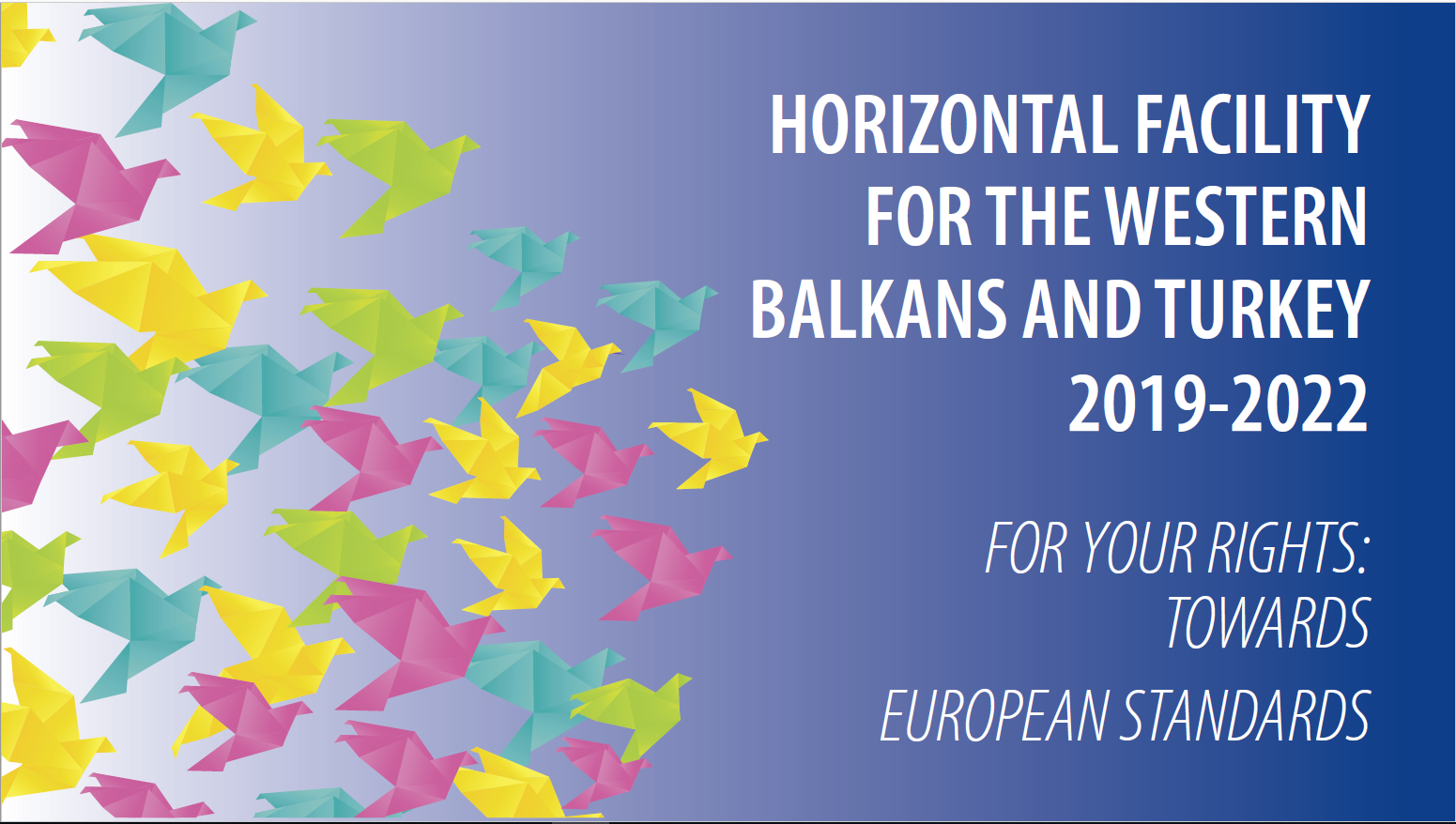A scoping paper on kin-states’ engagement and its impact on the protection of national minorities, with particular reference to Serbia, was presented during the Annual Summer School on National Minorities in Border Regions of the European Centre for Minority Issues (ECMI), on 30 September in Belgrade.
The presentation was part of the joint European Union/Council of Europe action “Combating discrimination and promoting diversity in Serbia”. A discussion was encouraged in its aftermath, to encourage the knowledge exchange on the subject, engaging in a policy debate with scholars, practitioners, representatives of Council of Europe member and observer states, international organisations, the media, and general public, including national minorities.
Most states in Europe today are ethnically, linguistically, and religiously diverse and include communities which share their cultural identity and/or history with titular groups in other states. The “Report on the Preferential Treatment of National Minorities by their Kin-States” adopted by the Venice Commission in 2001 acknowledged the importance of kin-state engagement for the protection of its kin minorities abroad assessing its compatibility with the European standards and the norms and principles of international law.
Back in 2022, the Council of Europe Office in Belgrade commissioned a report aimed at identifying issues of relevance for kin-state – kin minorities relations in Southeast Europe and support the institutions and other stakeholders in Serbia in their effort to comply with European standards in the framework of the EU accession process. At the ECMI Summer School, experts provided an overview of principles, standards and instruments that regulate kin-state – kin minorities relations in Europe and their impact on policy making at domestic level.
The event is part of the action “Combating discrimination and promoting diversity in Serbia” implemented within the joint programme of the European Union and the Council of Europe “Horizontal Facility for the Western Balkans and Türkiye” running from 2023 until 2026.




